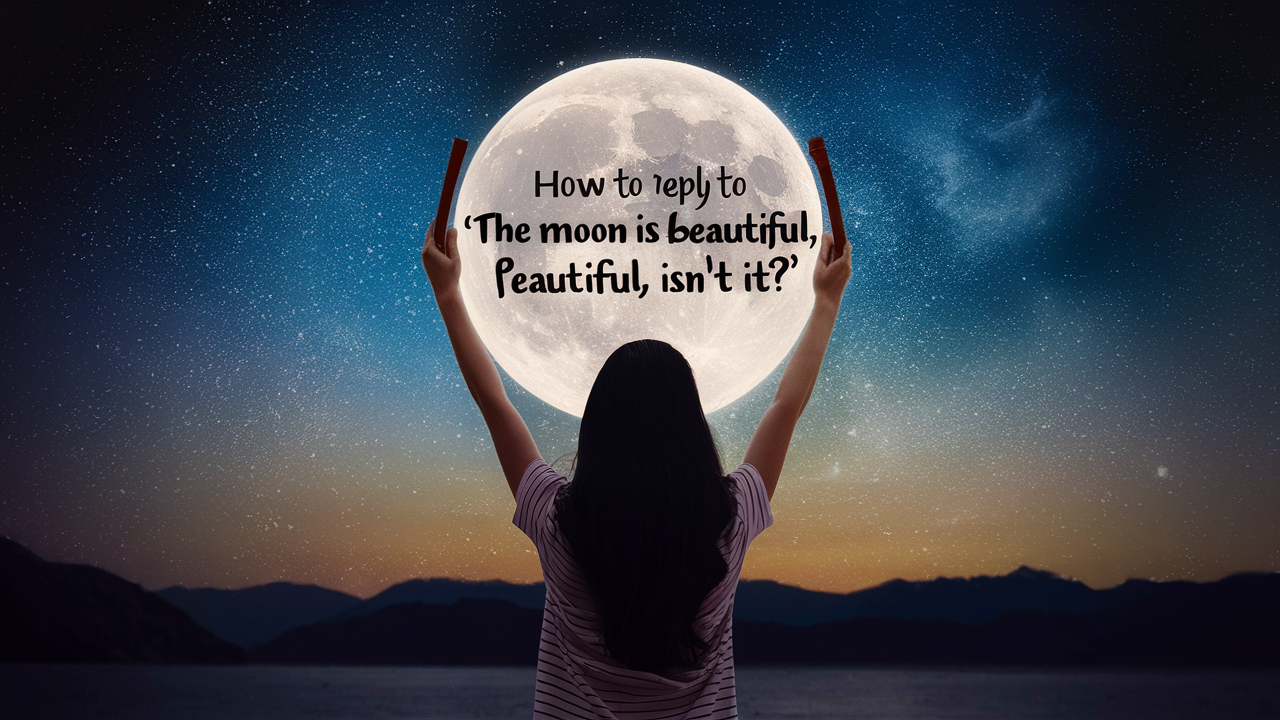Last updated on July 20th, 2024 at 08:01 am
The beauty of the moon has captivated humanity for centuries, inspiring art, poetry, and countless moments of contemplation under its gentle glow.
When someone remarks, The moon is beautiful, isn’t it? it invites us to share in that appreciation and connect over this universal wonder.
Crafting a meaningful reply can deepen the conversation and evoke shared sentiments about the night sky. Here, we explore 30 creative ways to respond to this timeless observation.
Absolutely! It’s Breathtaking. What Do You Think?
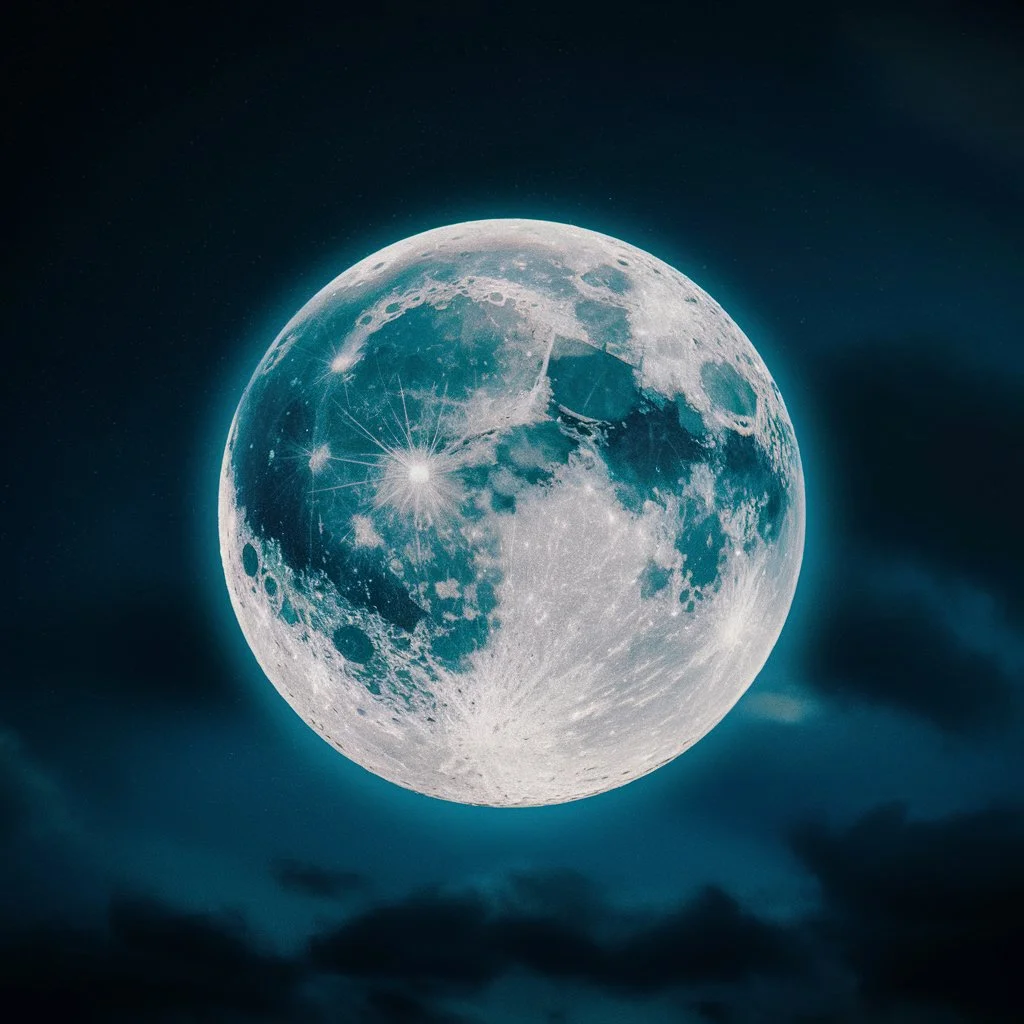
When someone expresses awe at the moon’s beauty, reciprocate and engage further by asking for their thoughts. This opens up a dialogue where both can share personal experiences or interpretations of the moon’s allure.
For example:
You might reply, Absolutely! It’s breathtaking. What do you think? Does it remind you of any special moments?
Yes, It’s Mesmerizing. Do You Enjoy Stargazing?
Acknowledging the moon’s mesmerizing presence can segue into discussing broader celestial interests like stargazing.
For example:
Yes, it’s mesmerizing. Do you enjoy stargazing? The stars seem to dance alongside the moon tonight.
Explanation:
This response not only affirms their observation but also invites them to share their affinity for observing the night sky.
It’s Stunning. Have You Ever Seen It During a Full Moon?
Highlighting the moon’s stunning appearance can lead to discussions about different lunar phases and their unique characteristics. Mentioning the full moon, in particular, often evokes vivid imagery and personal memories.
For example:
Try responding, “It’s stunning. Have you ever seen it during a full moon? The brightness is truly spectacular.”
So Beautiful! Are You a Fan of Nighttime Walks?
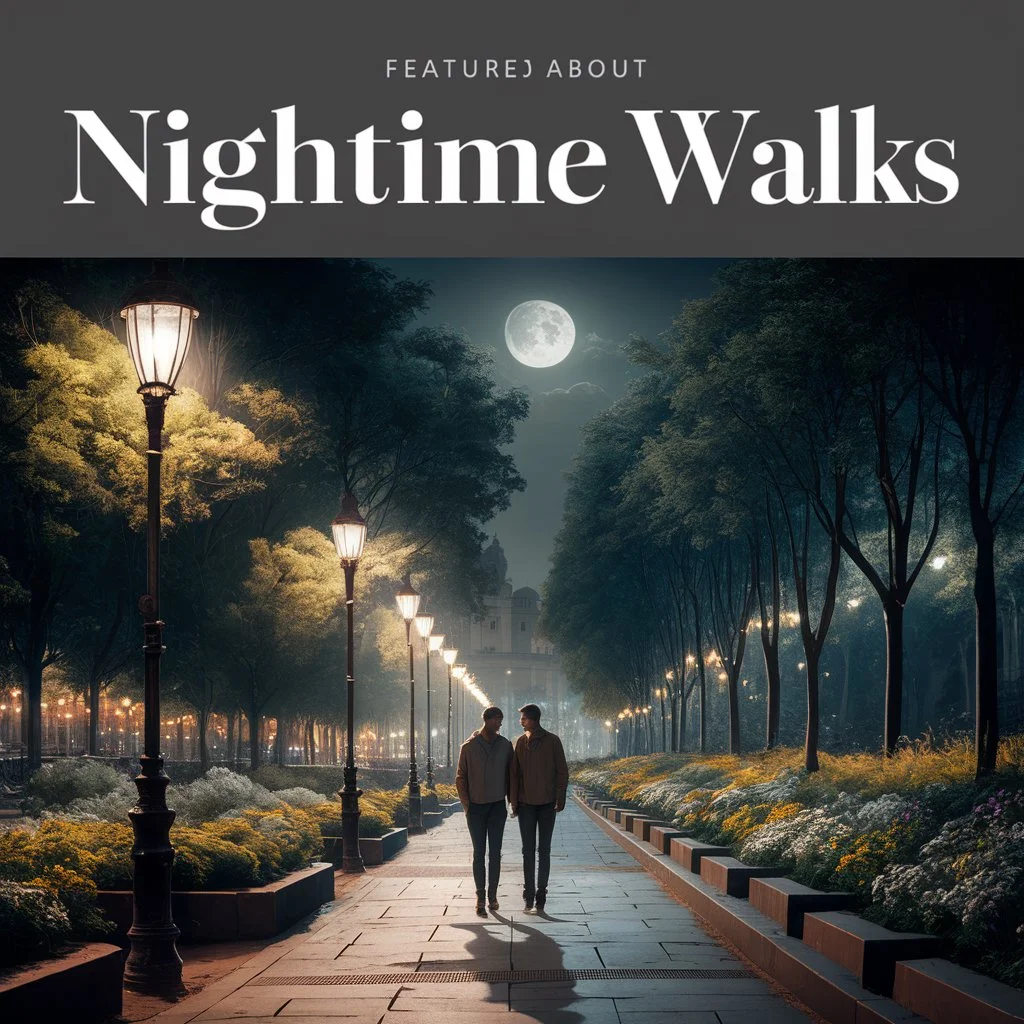
Expressing agreement about the moon’s beauty can segue into sharing activities that enhance the nocturnal experience, such as nighttime walks.
Explanation:
This response encourages them to reflect on their own moonlit adventures.
For example:
So beautiful! Are you a fan of nighttime walks? The moonlight adds such a peaceful ambiance.
It Really Is. What’s Your Favorite Thing About Moonlit Nights?
Agreeing with the statement about the moon opens the door to discussing personal preferences and experiences related to moonlit nights.
Explanation:
Asking about their favorite aspect prompts them to delve into what makes those moments special to them.
For example:
It really is. What’s your favorite thing about moonlit nights? I love how everything seems to glow softly.
It’s Magical. Do You Have Any Moon-Related Stories or Legends You Like?
Describing the moon as magical invites storytelling and sharing of cultural or personal tales related to lunar mythology or folklore.
Explanation:
This response encourages a deeper exploration of the symbolic meanings attributed to the moon across different cultures.
For example:
It’s magical. Do you have any moon-related stories or legends you like? I find the tales about lunar deities fascinating.
Totally! Do You Have a Favorite Moon Phase?
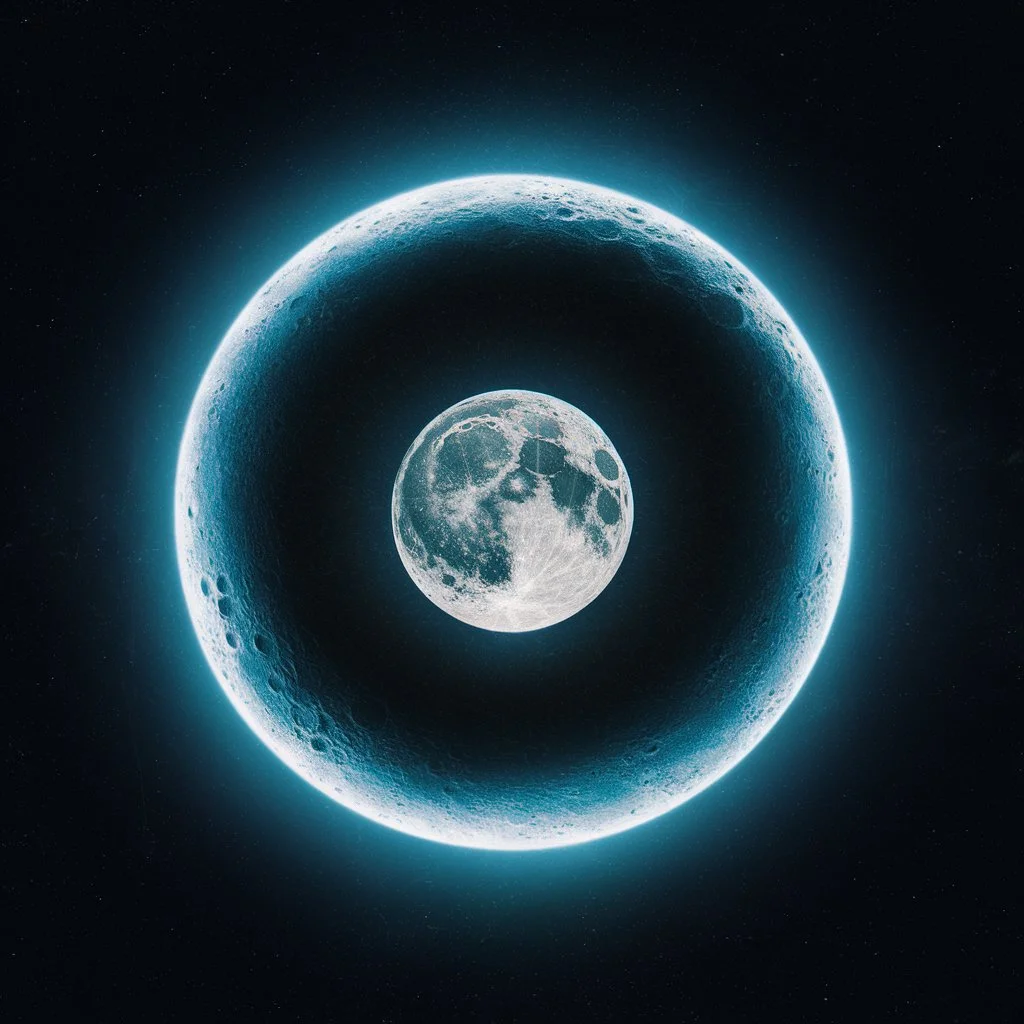
Using affirmative language like “totally” affirms their observation and encourages them to share their preferences regarding different moon phases.
Explanation:
This response can lead to discussions about the symbolism and visual appeal of various lunar cycles.
For example:
Totally! Do you have a favorite moon phase? Mine is the crescent moon—it feels like a secret smile in the sky.
It’s Lovely. Do You Ever Take Moonlit Photos?
Agreeing that the moon is lovely can lead to conversations about artistic pursuits like photography, particularly capturing the moon’s beauty at night.
Explanation:
This response invites them to share their own experiences and techniques for photographing the moon.
For example:
Say, It’s lovely. Do you ever take moonlit photos? Capturing its details must be challenging yet rewarding.
Indeed It Is! Have You Ever Tried Moon Watching with a Telescope?
Using affirmative language like “indeed it is” affirms their observation and transitions into discussing more advanced ways of observing the moon, such as using a telescope.
Explanation:
This response encourages them to share their experiences with astronomical observation. Respond with,
For example:
Have you ever tried moon watching with a telescope? The craters look so defined up close.
Yes, It’s Quite Enchanting. Do You Have a Favorite Moonlit Spot?
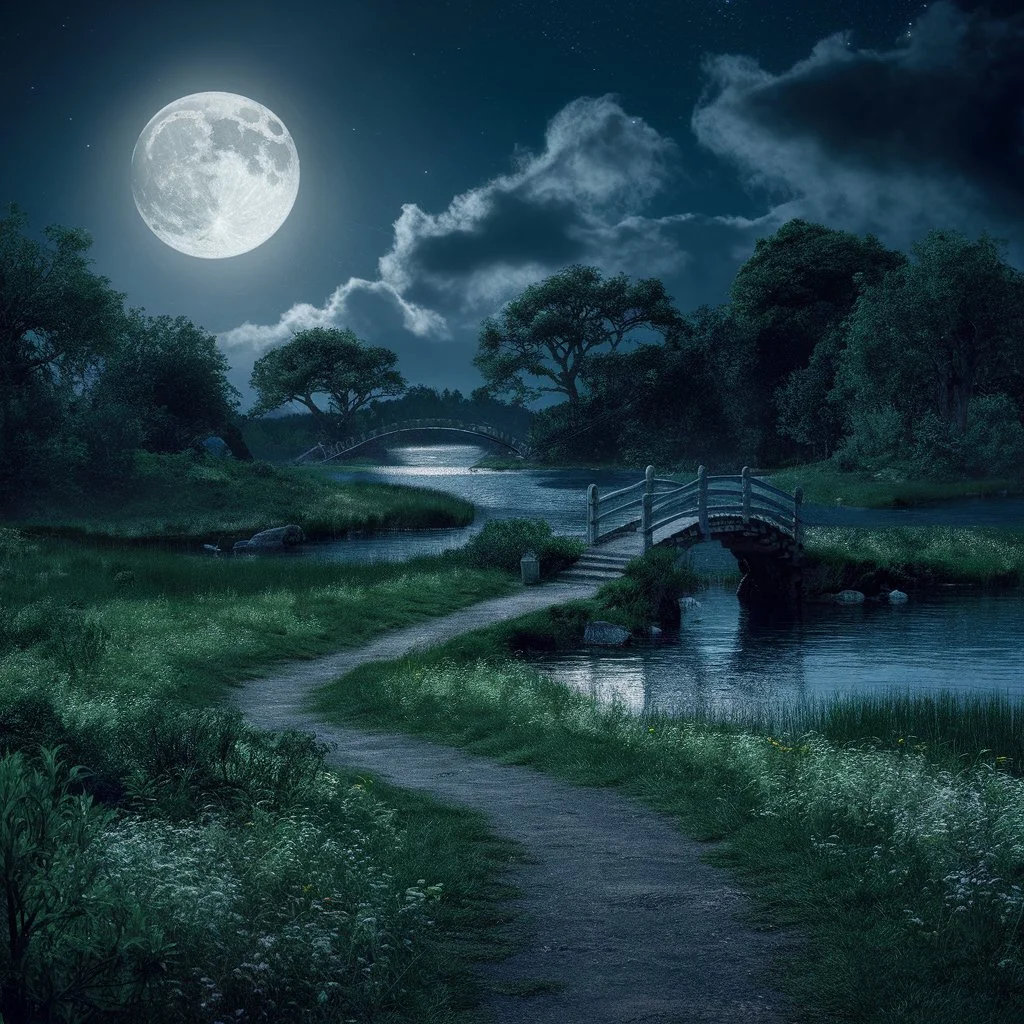
Agreeing that the moon is enchanting can prompt discussions about favorite locations for moonlit viewing, whether it’s a specific scenic spot or a quiet corner of their own backyard.
Explanation:
This response encourages them to share cherished places for moon-watching.
For example:
Say, Yes, it’s quite enchanting. Do you have a favorite moonlit spot? Mine is a hilltop where you can see the entire city bathed in moonlight.
It’s Gorgeous. Do You Have Any Lunar Observations or Facts to Share?
Acknowledging the moon’s beauty opens the conversation to factual discussions about lunar science and observations.
This response encourages them to share interesting facts or observations they know about the moon.
For example:
Respond with, It’s gorgeous. Do you have any lunar observations or facts to share? I heard about the phases affecting tidal patterns—it’s fascinating.
It’s Breathtaking. Do You Ever Find Yourself Inspired by the Moon?
Agreeing that the moon is breathtaking can lead to discussions about personal inspiration drawn from its beauty.
Explanation:
This response encourages them to reflect on how the moon influences their creativity or emotions.
For example:
Say, It’s breathtaking. Do you ever find yourself inspired by the moon? I often feel more reflective under its glow.
Absolutely. Have You Ever Experienced a Moonlit Beach Walk?
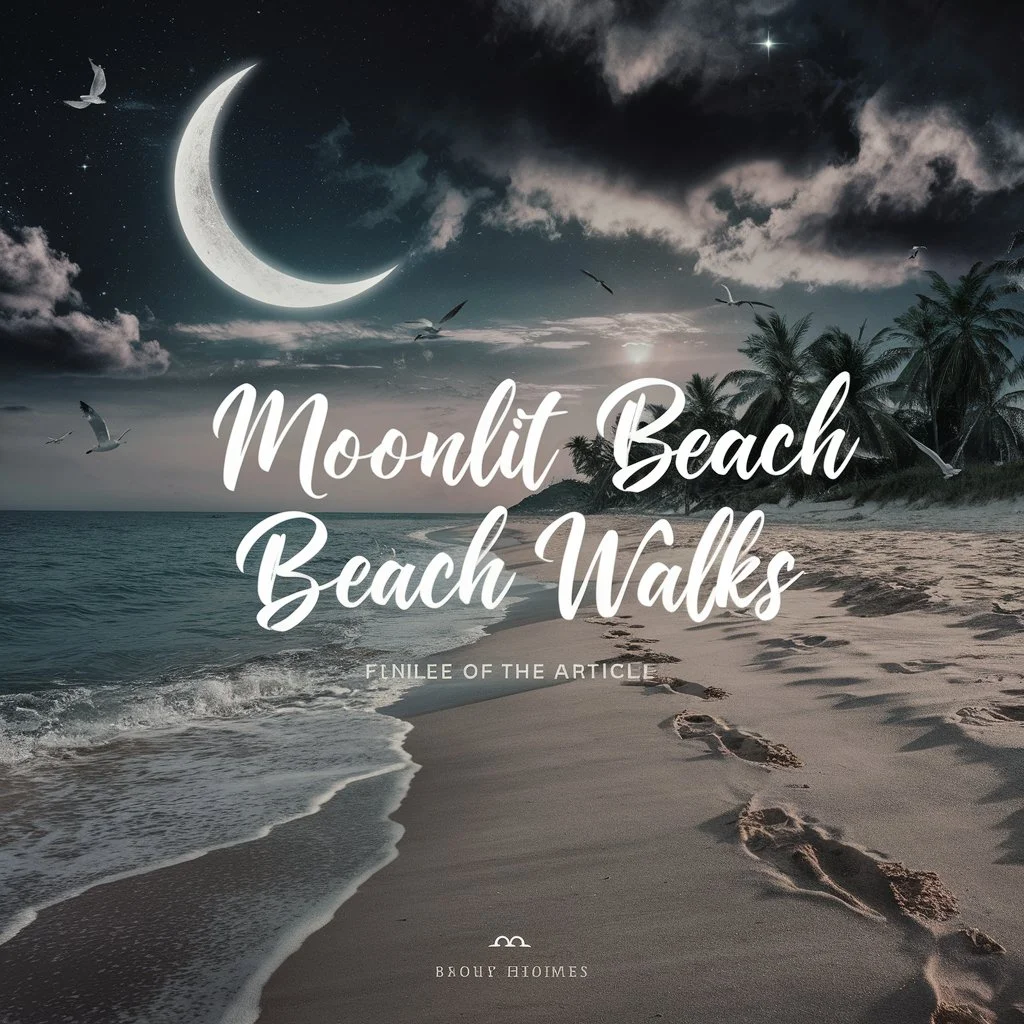
Using affirmative language like “absolutely” affirms their observation and leads into discussing specific activities enhanced by moonlight, such as beach walks.
Explanation:
This response invites them to share their own experiences and memories of moonlit walks.
For example:
Respond with, Absolutely. Have you ever experienced a moonlit beach walk? The waves shimmering under the moonlight create a serene atmosphere.
It Truly Is. Do You Have a Favorite Moon-Inspired Poem or Song?
Agreeing that the moon is truly beautiful can segue into discussions about art and literature inspired by lunar themes.
Explanation:
This response encourages them to share their favorite poems, songs, or artworks that celebrate the moon’s beauty.
For example:
Say, It truly is. Do you have a favorite moon-inspired poem or song? There’s something hauntingly beautiful about how artists capture its mystique.
Yes, It’s So Peaceful. Have You Ever Tried Moon Bathing?
Acknowledging the moon’s peacefulness can lead to discussions about lesser-known activities like moon bathing, where individuals absorb the moon’s energy.
Explanation:
This response invites them to share their thoughts or experiences with moon-related wellness practices.
For example:
Respond with, Yes, it’s so peaceful. Have you ever tried moon bathing? Some say it’s rejuvenating to bask in its light.
Definitely! Do You Have Any Lunar Rituals or Traditions You Follow?
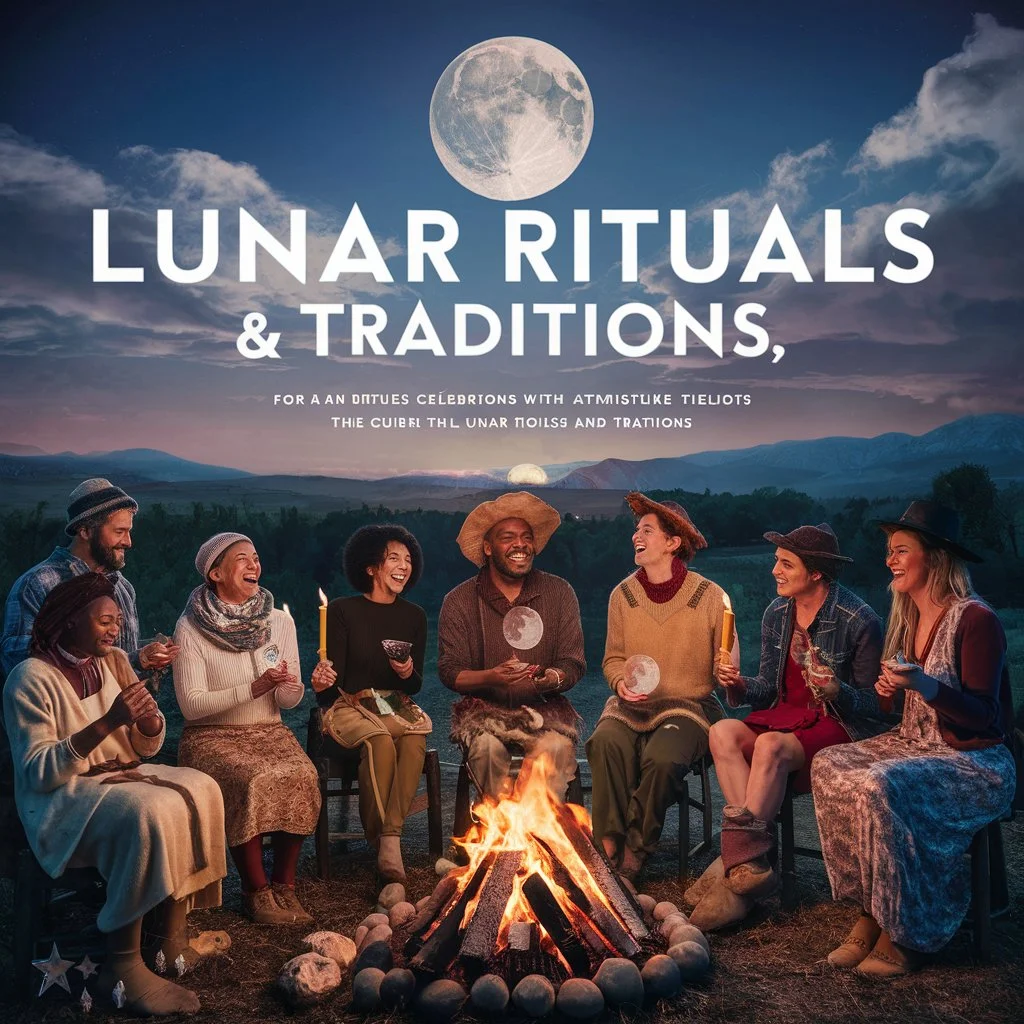
Using affirmative language like “definitely” affirms their observation and invites discussions about cultural or personal rituals associated with lunar cycles.
Explanation:
This response encourages them to share traditions or practices they observe during significant lunar events.
For example:
Say, Definitely! Do you have any lunar rituals or traditions you follow? I’m curious about how different cultures celebrate the moon.
It Really Is. Do You Believe the Moon Affects Our Moods?
Agreeing that the moon is captivating can lead to discussions about its perceived influence on human emotions and behaviors, such as the belief in lunar effects on moods.
Explanation:
This response invites them to share their thoughts or personal experiences related to this topic.
For example:
Respond with, It really is. Do you believe the moon affects our moods? Some say full moons make people more restless.
It’s Mesmerizing. Do You Have a Favorite Moonlit Memory?
Describing the moon as mesmerizing can prompt discussions about cherished memories made under its glow.
Explanation:
This response encourages them to share personal stories or experiences associated with moonlit nights.
For example:
Say, It’s mesmerizing. Do you have a favorite moonlit memory? Mine is camping under a clear sky with friends, watching shooting stars and the bright moon above.
Absolutely. Have You Ever Seen a Moon-Related Movie?
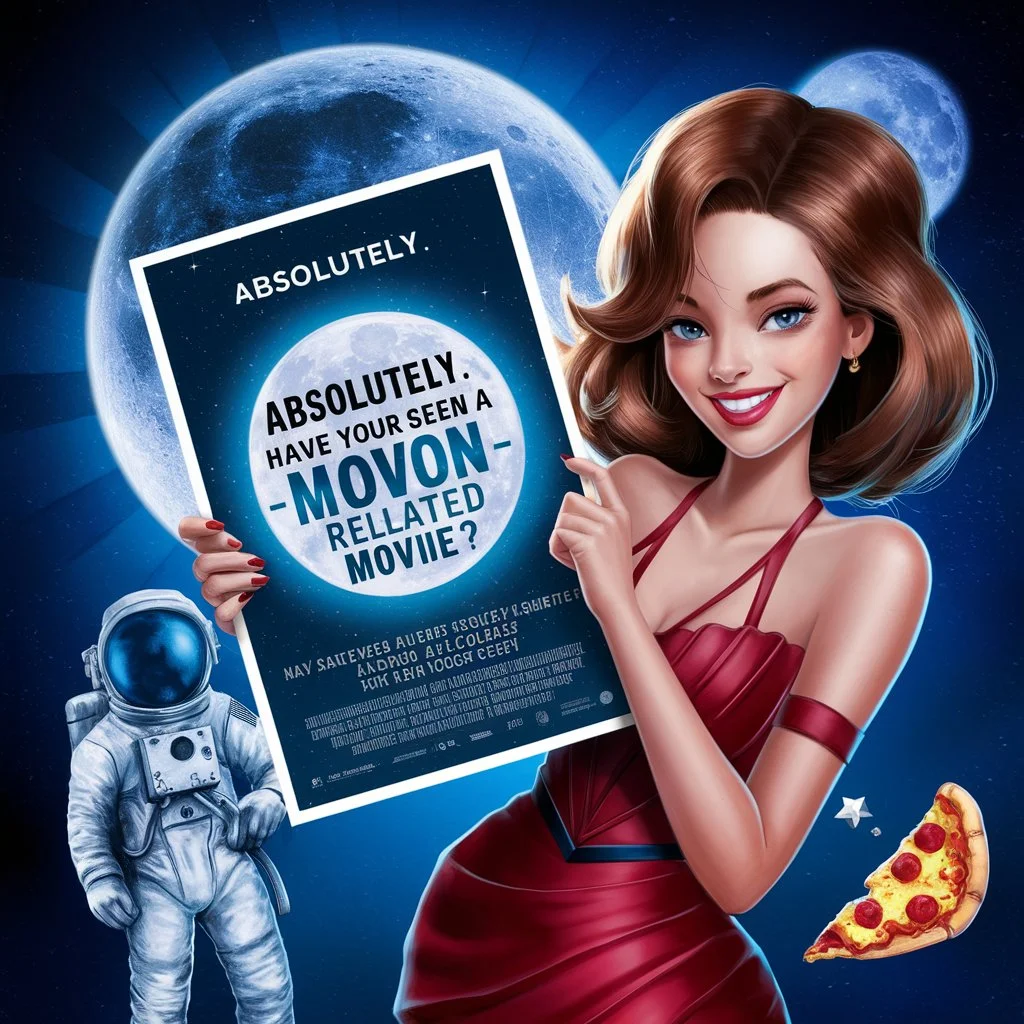
Using affirmative language like “absolutely” affirms their observation and transitions into discussing cultural depictions of the moon in movies or films.
Explanation:
This response encourages them to share their favorite cinematic portrayals of lunar themes.
For example:
Respond with, Absolutely. Have you ever seen a moon-related movie? Some capture its allure in such poetic ways.
It’s Stunning. Do You Enjoy Watching Lunar Eclipses?
Agreeing that the moon is stunning can lead to discussions about astronomical events like lunar eclipses, which showcase unique interactions between the sun, Earth, and moon.
Explanation:
This response invites them to share their experiences or thoughts on celestial phenomena.
For example:
Say, It’s stunning. Do you enjoy watching lunar eclipses? The way the shadow gradually covers the moon is mesmerizing.
So Beautiful. Do You Think There’s Life on the Moon?
Expressing agreement about the moon’s beauty can segue into deeper philosophical or scientific discussions, such as the possibility of extraterrestrial life on the moon.
Explanation:
This response invites them to share their thoughts or knowledge on the topic.
For example:
Respond with, So beautiful. Do you think there’s life on the moon? It’s a fascinating question.
Absolutely. Have You Ever Participated in a Moonlit Meditation?
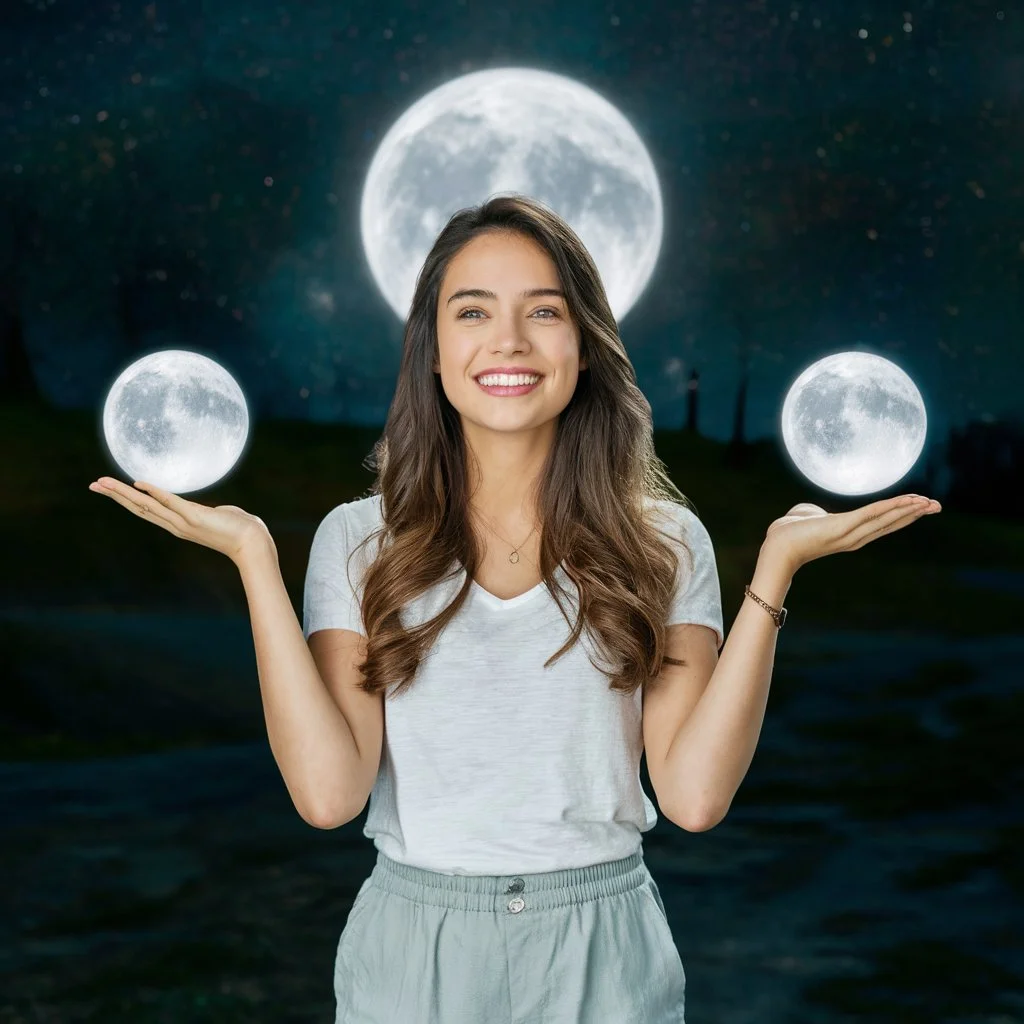
Using affirmative language like “absolutely” affirms their observation and leads into discussions about spiritual practices enhanced by moonlight, such as moonlit meditation.
Explanation:
This response encourages them to share their experiences or interest in mindfulness under the moon.
For example:
Say, Absolutely. Have you ever participated in a moonlit meditation?
It’s Magical. Do You Think the Moon Influences Creativity?
Describing the moon as magical can lead to discussions about its perceived influence on creativity and artistic inspiration.
Explanation:
This response invites them to share their thoughts on how the moon’s beauty might spark creative ideas or emotions.
For example:
say, It’s magical. Do you think the moon influences creativity? Many artists and writers throughout history have drawn inspiration from its ethereal glow.
Totally. Have You Ever Visited a Moonlight Festival or Event?
Using affirmative language like “totally” affirms their observation and transitions into discussing cultural events or festivals celebrating the moon.
Explanation:
This response encourages them to share their experiences attending moon-themed gatherings or celebrations.
For example:
Respond with, Totally. Have you ever visited a moonlight festival or event? The atmosphere is usually so festive and mystical.
It’s Captivating. Do You Have a Favorite Moonlit View?
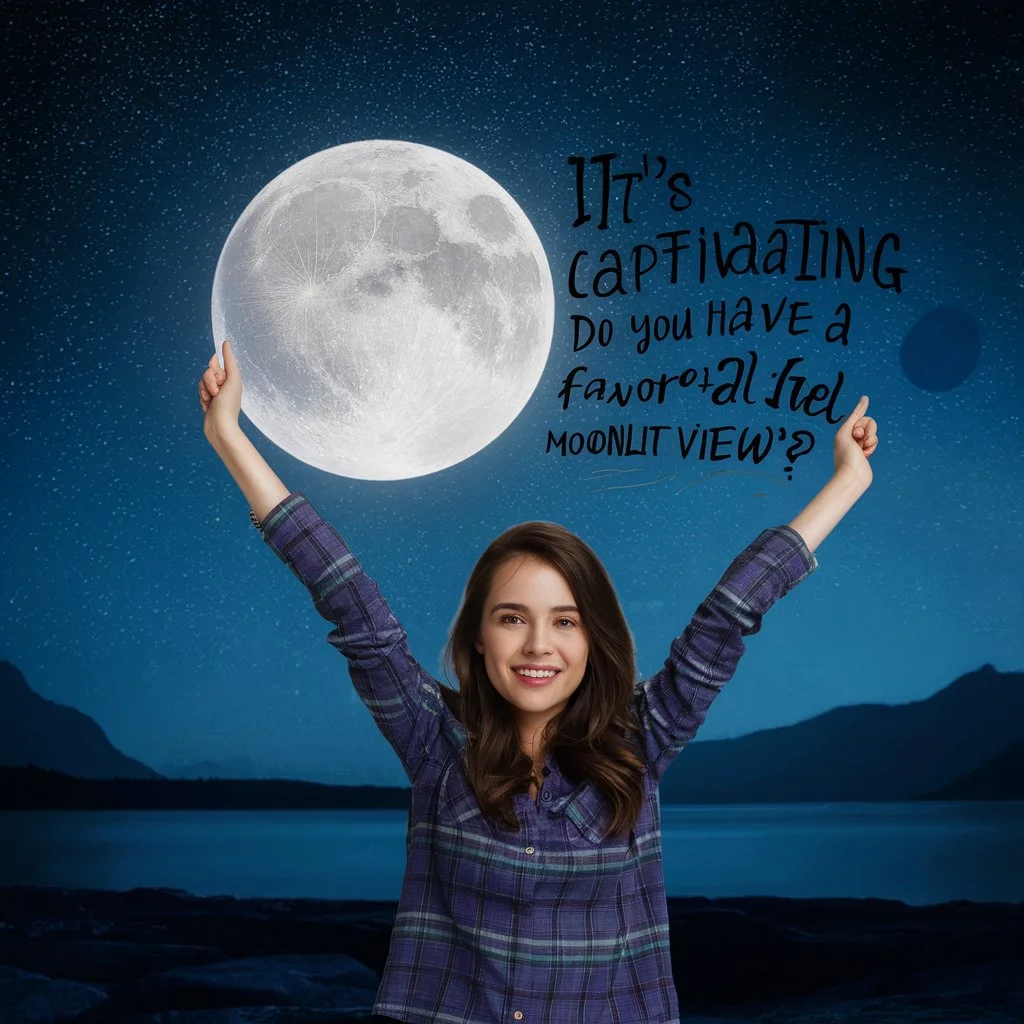
Acknowledging the moon as captivating can lead to discussions about favorite scenic views enhanced by its illumination.
Explanation:
This response encourages them to share specific locations or landscapes that they find particularly stunning under moonlight.
For example:
Say, It’s captivating. Do you have a favorite moonlit view? Mine is overlooking a lake where the moon reflects off the water’s surface.
It’s Breathtaking. Have You Ever Tried Moon Gazing with Binoculars?
Agreeing that the moon is breathtaking can segue into discussing more detailed observations of its surface features, such as using binoculars for moon gazing.
Explanation:
This response invites them to share their experiences observing the moon’s craters and lunar maria up close.
For example:
Respond with, It’s breathtaking. Have you ever tried moon gazing with binoculars? The details are incredible, especially during a clear night.
Indeed. Do You Believe in the Power of Moon Phases?
Using affirmative language like “indeed” affirms their observation and leads into discussing beliefs or practices related to the influence of moon phases on various aspects of life.
Explanation:
This response encourages them to share their views on how lunar cycles might affect different phenomena.
For example:
Say, Indeed. Do you believe in the power of moon phases? Some cultures associate specific phases with luck or transformation.
Yes, It’s Enchanting. Have You Ever Written Poetry Under the Moonlight?
Acknowledging the moon’s enchanting nature can lead to discussions about creative pursuits inspired by its beauty, such as writing poetry.
Explanation:
This response encourages them to share their own experiences of expressing emotions or thoughts under moonlit skies.
For example:
say, Yes, it’s enchanting. Have you ever written poetry under the moonlight? The ambiance seems to infuse every word with a deeper meaning.
Do You Feel a Special Connection to the Moon?
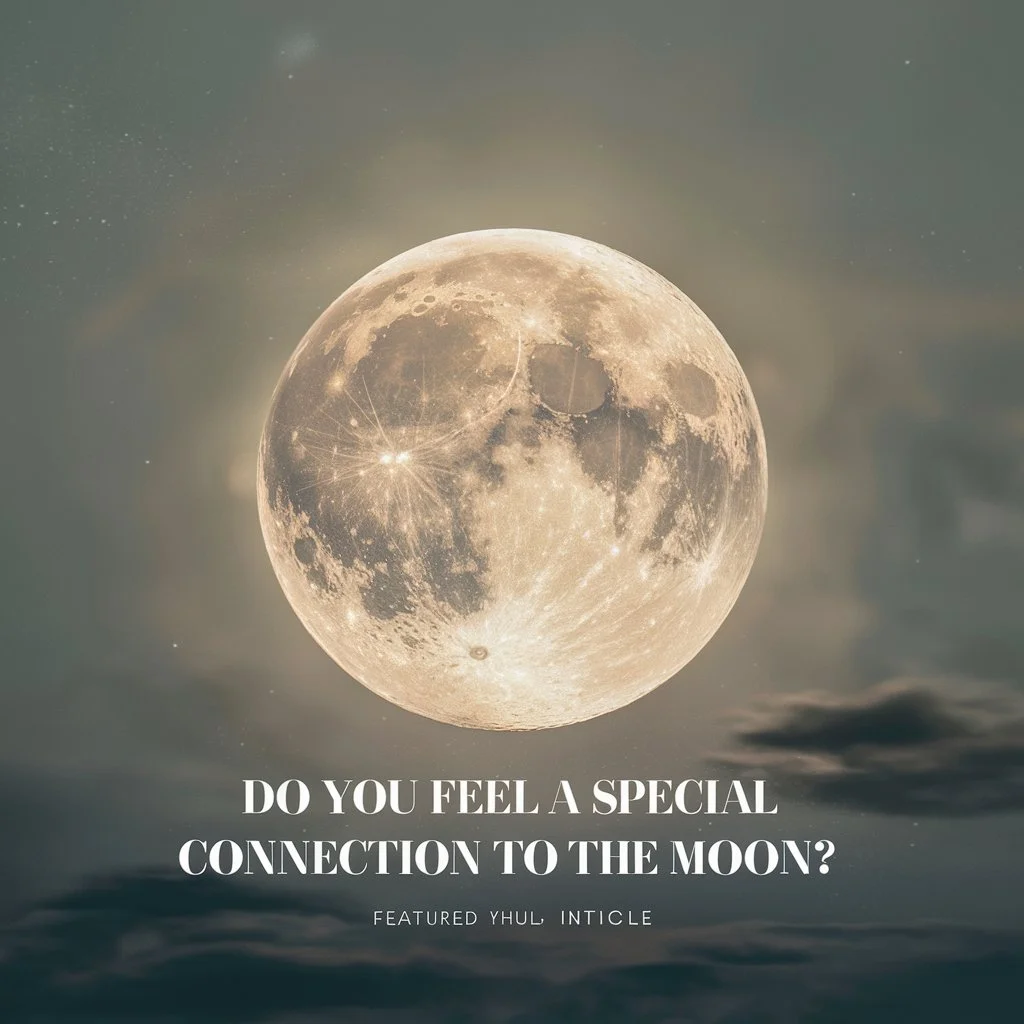
Finally, reflecting on the personal connection individuals feel towards the moon can lead to deeper introspection and shared sentiments about its symbolic significance.
Explanation:
This response encourages them to express how the moon resonates with their emotions or spiritual beliefs.
For example:
Respond with, Do you feel a special connection to the moon? Many people find its presence comforting or inspiring in different ways.
Conclusion
In conclusion, responding to the statement “The moon is beautiful, isn’t it?” offers a wonderful opportunity to connect with others through shared appreciation for the natural beauty of the night sky.
By using these 30 creative replies, ranging from affirming agreement to delving into deeper discussions about lunar phenomena and cultural significance, you can enrich conversations and foster a deeper understanding of why the moon holds such timeless allure for humanity.

Nicholas Clark is the visionary behind ReplySwift.com. With a talent for crafting concise and impactful responses, Nicholas helps others communicate with clarity and confidence. On ReplySwift.com, he provides expert advice, practical templates, and valuable insights to enhance every reply.
